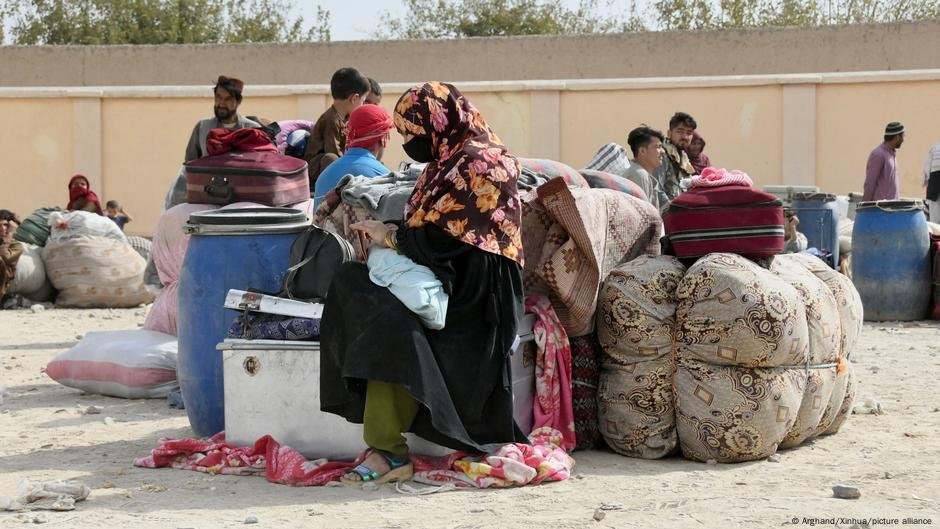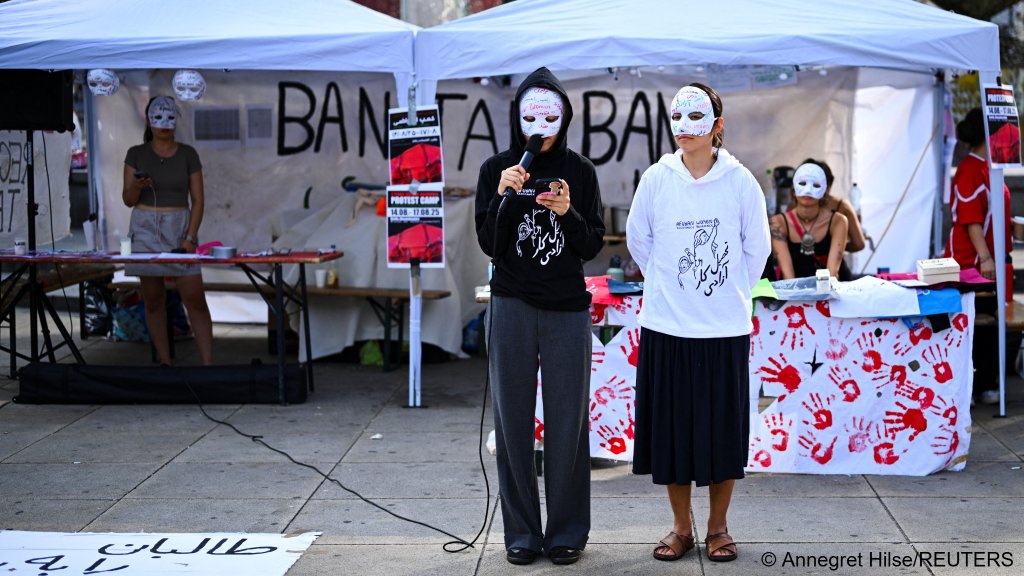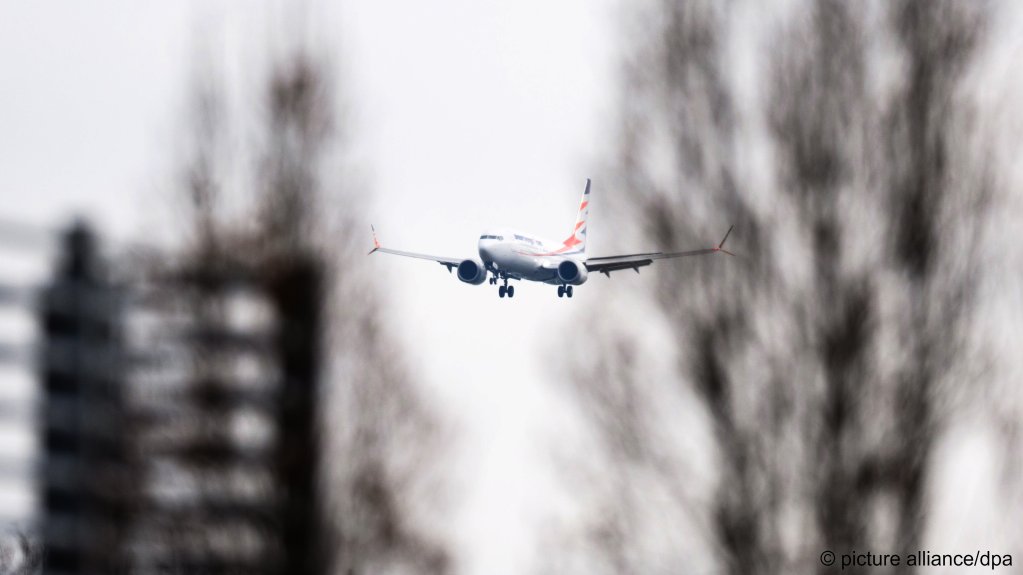Germany has ended its months-long freeze on the admission of vulnerable Afghans who had already been promised entry, with the first families expected to arrive in the coming days on commercial flights.
Germany has ended its months-long freeze on the admission of vulnerable Afghans who had already been promised entry. According to the German newspaper Die Welt, affected families have been informed about the resumption of the program, and the first arrivals are expected in the coming days. Entry is to take place discreetly via commercial flights through Dubai or Istanbul.
The number of people to be allowed entry, however, remained unclear as of yet.
An insider at the Foreign Office confirmed: "In Pakistan, there are people at different stages of the departure process. The various screening procedures are currently resuming. Personnel from the responsible authorities are on the ground in Pakistan to continue the admission procedures."
The move follows growing legal pressure in Germany and a deportation campaign by Pakistani authorities. Pakistan intends to expel recognized Afghan refugees from the country by September 1, including individuals designated for Germany’s admission program. Trucks have already transported Afghan nationals expelled from Pakistan.
Read AlsoPakistan deports Afghans with German resettlement rights
Court challenges
Human rights groups and dozens of Afghans successfully challenged the admission freeze in German courts. "The Federal Republic is legally bound by binding, non-revoked admission promises," stated the Berlin Administrative Court. In nearly two dozen emergency rulings, judges ordered the government to act, with the Foreign Office threatened with fines of 2,500 euros if visas were not issued by September 10. In some cases, the ministry appealed to higher courts but later withdrew complaints.
Among the plaintiffs was a law lecturer waiting in Pakistan with 13 family members for a visa. Whether she is among those now able to travel remains unclear. Overall, about 2,000 Afghans considered at risk under Taliban rule were stranded in Pakistan despite admission assurances.

Foreign Minister Johann Wadephul acknowledged the government’s legal obligations. "The affected people don’t need to go to court," said the CDU politician at the federal government’s Open House Day at the Foreign Office. "We are bound by law, and in my view, that means we must fulfill it. This has to happen quickly." He added, however, that a security check was required in each case.
Criticism of the government’s handling persists. Lawyer Matthias Lehnert, who represents several affected Afghans, told Reuters the government is doing only "the absolute minimum, only what it is legally obliged and forced to do." He argued that all affected Afghans must be issued visas. "Courts had ruled fundamentally -- and not only in individual cases -- that people can rely on these admission promises and, in addition, are seriously threatened with deportation. That is why it is truly scandalous that the government is not acting in all the other cases and is further delaying the matter."
Read AlsoGermany: NGOs demand government to act fast in admissions program for Afghans
Protests
The ongoing delays have also fueled frustration among Afghans already evacuated to Germany. On August 2, more than a hundred former local staff and their families protested outside the Foreign Ministry in Berlin, demanding reunification with children left behind in Afghanistan. Many families were split apart by German regulations that prevented relatives over the age of 18 from being evacuated, leaving young adults trapped under Taliban rule. Protesters said that while they were grateful for their own evacuation, their lives in Germany remain overshadowed by fear and uncertainty for their children who are still in hiding.

On August 15, activists held a vigil at a protest camp on Berlin’s Alexanderplatz to mark four years since the Taliban’s return to power, expressing solidarity with Afghans still living under the group’s rule. On social media, the activist group afgactivistcollective called attention to "gender apartheid, deportations from Iran, Pakistan and Germany, Tajikistan, human rights violations, [and] the hunger crisis," and organized a four-day protest camp from August 14 to 17, including the vigil and a rally the following day.
Read AlsoFearing for their children: Over 100 evacuated Afghans protest outside ministry in Berlin
Expected arrivals
Following several court rulings in recent weeks, the German government is now complying. ARD’s New Delhi bureau reported that several Afghan families with admission promises are expected to arrive in Germany within days. All had previously sued in German courts to secure entry.

The background dates to the Taliban’s takeover of Afghanistan four years ago, when Berlin pledged protection to particularly vulnerable groups -- local staff, human rights defenders, and journalists. After taking office, Interior Minister Alexander Dobrindt insisted on prior security checks in every case, slowing down the process. During that time, Pakistan deported numerous Afghans back to Taliban-controlled Afghanistan.
On Monday, organizations including Amnesty International Germany, the German Caritas Association, Reporters Without Borders, Medico International, and the German Bar Association urged the government to take immediate action to protect Afghans still stranded in Pakistan.
Read AlsoOrganizations sue German government over Afghan deportations from Pakistan
With Reuters
